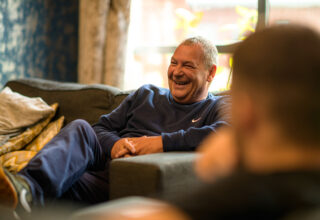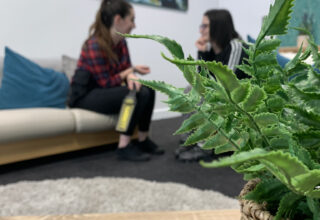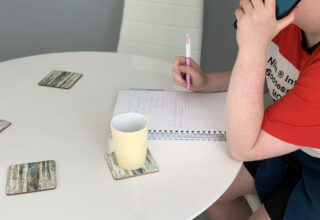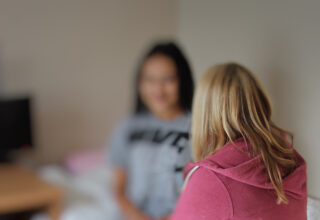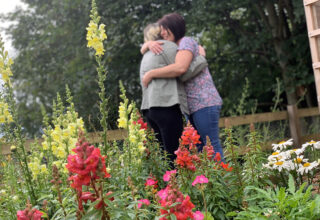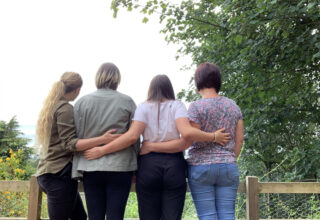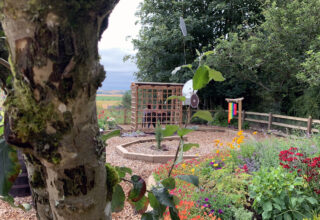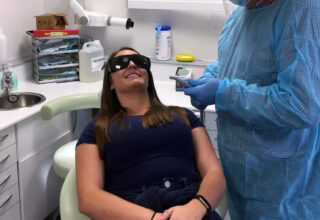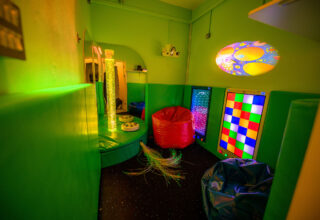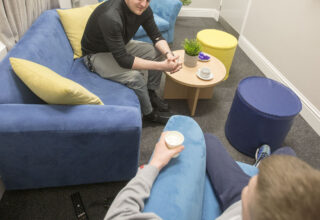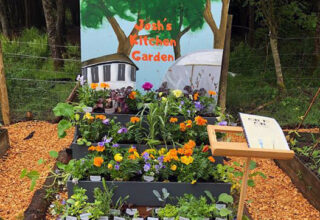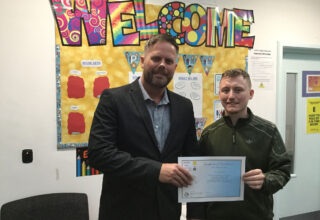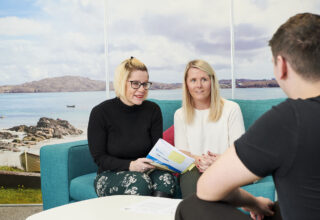during
This section relates to children who are currently in secure care. Secure care centres are residential establishments for the purpose of restricting the liberty of children that provide accommodation, care and education for children during their stay. Children may have been placed in secure care through the implementation of orders or warrants via the Children’s Hearing System, police powers, or having been remanded or sentenced in court proceedings. Children may also have been placed in secure care from outwith Scotland.
Explore each Standard in more detail by selecting an image
Further information about this stage
Legislation, policy and guidance
Links to relevant legislation, policy and guidance for this stage of a child’s journey:
- United Nations Convention on the Rights of the Child
- Children (Scotland) Act 1995
- Criminal Procedure (Scotland) Act 1995
- Education Support for Learning (Scotland) Act 2004 (as amended 2009)
- Children’s Hearings (Scotland) Act 2011
- Children and Young People (Scotland) Act 2014
- Public Bodies (Joint working) (Scotland) Act 2014
- Criminal Justice (Scotland) Act 2016
- Curriculum for Excellence
- GIRFEC (Getting It Right for Every Child)
- Whole System Approach
- The Role of Chief Social Work Officer Guidance Issued by Scottish Ministers pursuant to Section 5(1) of the Social Work (Scotland) Act 1968
- Scotland’s Children The Children (Scotland) Act 1995 Regulations and Guidance Volume 2 Children Looked After by Local Authorities
- The Residential Establishments – Child Care (Scotland) Regulations 1996
- Supporting Children’s Learning: Statutory Guidance on the Education (Additional Support for Learning) Scotland Act 2004 (as amended)
- The Looked After Children (Scotland) Regulations 2009
- Guidance on the Looked After Children (Scotland) Regulations 2009 and the Adoption and Children (Scotland) Act 2007
- The Secure Accommodation (Scotland) Regulations 2013
- The Children’s Hearings (Scotland) Act 2011 (Implementation of Secure Accommodation Authorisation) (Scotland) Regulations 2013
- Good Practice Guidance The Children’s Hearings (Scotland) Act 2011 (Implementation of Secure Accommodation Authorisation) (Scotland) Regulations 2013
- Statutory guidance on Part 9 (Corporate Parenting) of the Children and Young People (Scotland) Act 2014
- Mental Health Strategy 2017-2027
- Children and Young People (Scotland) Act 2014 Statutory Guidance on Part 3: Children’s Services Planning – Second Edition 2020
- Care Inspectorate: A quality framework for children and young people in need of care and protection
- Care Inspectorate: A quality framework for secure accommodation services
- Centre for Youth & Criminal Justice A Guide to Youth Justice in Scotland: policy, practice and legislation
- Centre for Youth & Criminal Justice Routes to secure care
- Children’s Hearings System National Standards for the Children’s Panel
- Children’s Hearings System Practice and Procedure Manual
- Guidance on Health Assessments for Looked After Children in Scotland
- Healthcare Standards for Children and Young People in Secure Settings (Royal College of Paediatrics and Child Health)
- Holding Safely A Guide for Residential Child Care Practitioners and Managers about Physically Restraining Children and Young People
- How Good is Our School? (fourth edition)
- Individual Placement Agreement
- Movement restriction conditions in the children’s hearing system: guidance
- NHS Education for Scotland National trauma training framework
- NHS Education Scotland Transforming Psychological Trauma: A Skills and Knowledge Framework for The Scottish Workforce
- Quality Network for Community CAMHS/Royal College of Psychiatrists Sample Service Standards Extracted from the 5th Edition Standards
- Scottish Children’s Reporter Administration (SCRA) Secure Accommodation
- SCRA Secure Accommodation Information for young people
- Scottish Government Custody of convicted children and young people: practice guidance
- Scottish Government Framework for Risk Assessment Management and Evaluation (FRAME) for Local Authorities and partners For Children and Young People under 18 Young People Who Offend (Managing High Risk and Transitions)
- Scottish Government National Outcomes and Standards for Social Work Services in the Criminal Justice System Criminal Justice Social Work Reports and Court-based Services Practice Guidance
- Scottish Government Preventing offending: getting it right for children and young people
- Scottish Government Rights Information for young people who are looked after in secure care (Scotland)
- Scottish Government Trauma-informed practice: A Toolkit for Scotland
- Scottish Social Services Council Code of Conduct
- UN Committee on the Rights of the Child General comment No. 13 The right of the child to freedom from all forms of violence
- Youth and Criminal Justice in Scotland: The young person’s journey
- Journey through Justice


